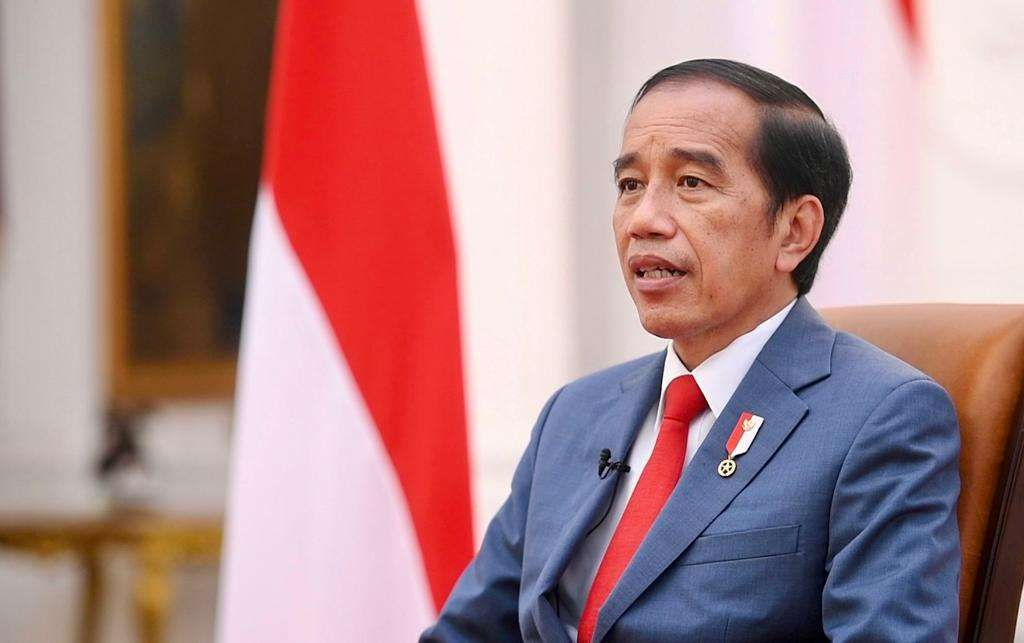SEAToday.com, Jakarta-The public was shocked to find out they could access the papers on Ria Ricis and Teuku Ryan's divorce.
The 87-page document could be accessed by the public on the Supreme Court's website. Many thought that such documents should be kept private.
The document with the number 547/Pdt.G/2024/PA.JS circulated not long after Ria Ricis, who filed for the divorce, and Teuku Ryan officially got divorced on May 3, 2024.
Although the document didn't name names, the netizens looked thoroughly and matched the data on the document to Ria Ricis' case. Therefore, the document that was believed to be Ricis' became the people's consumption.
The content of the divorce was made public since the divorce process started at the Religious Court of South Jakarta on January 30, 2024. The circulation of the divorce papers instantly caught the attention of netizens.
The public quickly found out that their divorce was caused by many things, including conflict with in-laws and unpleasant behaviors from Ryan.
The owner of the X account @ardisatriawan questioned the reason divorce papers, which should be private, could be accessed by the public.
"Does anyone know why the public could access divorce papers? The trials are held in private, the details are private to their families, I believe the partner doesn't want their privacy compromised. But it's public. Why?" the account tweeted.
The tweet garnered many responses. Netizens tried answering, and voiced either their agreement or disagreement on this tweet.
In Line with Law
The case seemed to bring Ricis and Ryan's private matter to the public space. However, the public have been able to access divorce papers for a long time.
Indonesian law expert Farizal Pranata Bahri confirmed it. The JFB Indonesia Legal Consultant law firm founder revealed that the document being uploaded was part of the Supreme Court's commitment to transparency in the court.
The ruling was written down in Supreme Court Decree Number 1-144/KMA/SK/I/2011.
Farizal confirmed the transparency. However, the court should blur out some information in the documents.
"So, although the trials are held in private, the court should blur out the names, like the plaintiff's, defendant's, and children's. It's part of the procedure," said Farizal when contacted by SEAToday.com, May 6, 2024.
However, in reality, there are some data that enabled the public to fill out the missing words. Such problems occur when courts don't share the same understanding in terms of blurring.
"The problem here is that there are no shared understanding on the procedures to anonymize the documents or its implementation. Therefore, the public could still figure out the full document, and couldbe accessed by those of no interest," said Farizal.
Farizal encouraged those who were affected by the procedure to report it immediately. They could fill out a form on the Supreme Court's website. Related parties will act on the reports.
If it doesn't match the regulations, it will be withdrawn from the website, thus the public can't access it anymore.
















